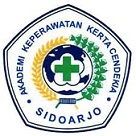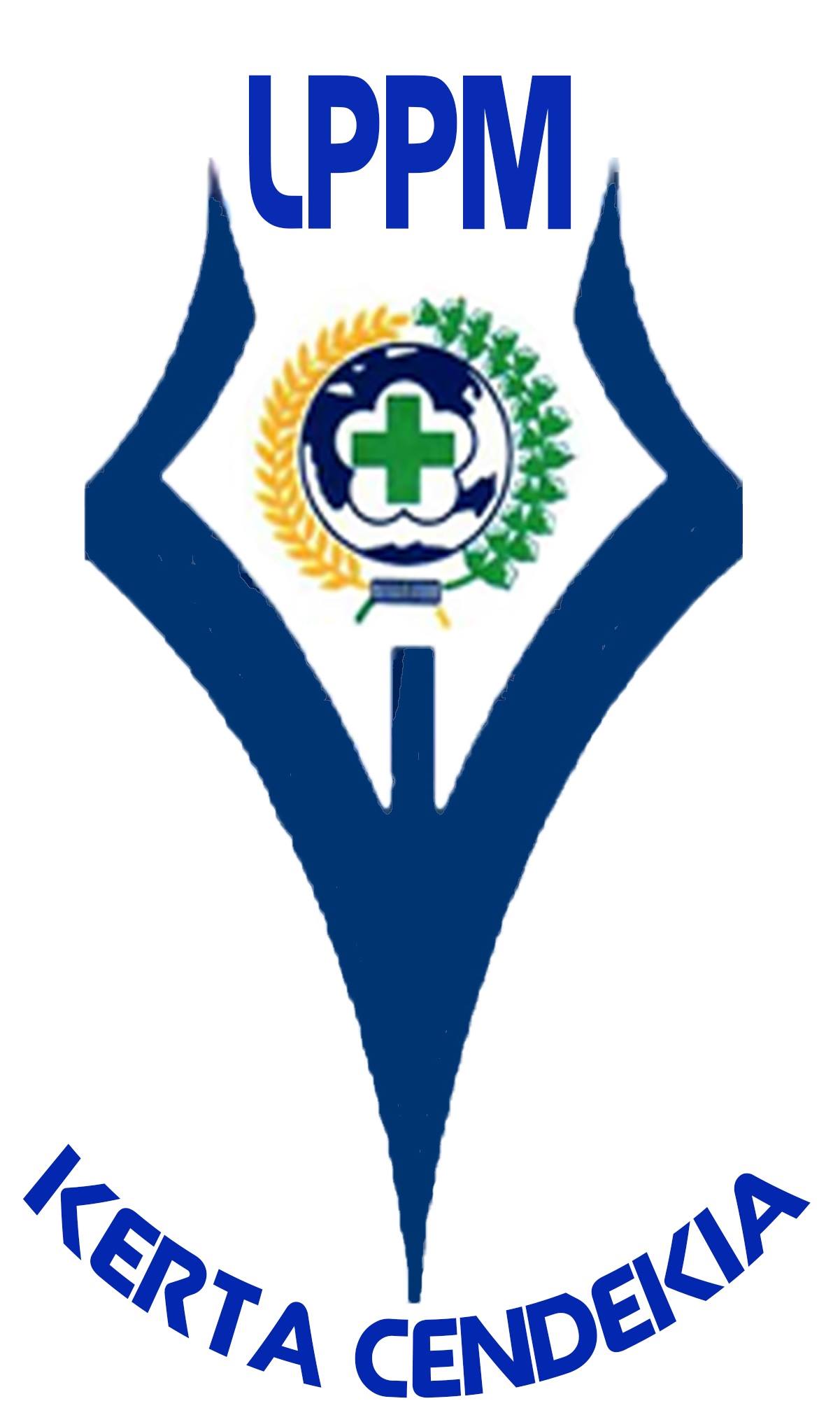EFFECTIVENESS OF VIRGIN COCONUT OIL TO XEROSIS IN HEMODIALYSIS PATIENTS AT RST III REKSODIWIRYO PADANG
DOI:
https://doi.org/10.36720/nhjk.v9i2.201Abstract
Background: Progressive and irreversible decline in renal function in chronic renal failure requires renal replacement therapy. The most commonly used renal replacement therapy is hemodialysis. Hemodialysis therapy can maintain patient survival and control uremia syndrome. However, uremic toxins cannot be completely resolved by hemodialysis. The uremic toxins that accumulate on the patient's skin can cause xerosis (dry skin). Xerosis can be overcome by providing a moisturizer that has emollient content. One of the natural ingredients that contain emollients and can be used for skin care for hemodialysis patients is virgin coconut oil (VCO).
Objective: To determine the effectiveness of virgin coconut oil (VCO) administration against xerosis in patients undergoing hemodialysis.
Research Method: This research is a quantitative study with a quasi experimental design approach using one group pre and post test approaches without control group design. The research was conducted in the hemodialysis room RST III Reksodiwiryo Padang. Sampling was done by consecutive sampling technique with a sample size of 11 people. VCO intervention was carried out for 12 days, 2 times a day. Score of xerosis degree before and after intervention was assessed by Overal Dry Skin Score (ODSS).
Result: The mean score of degree of xerosis before VCO administration was 3.06 and after VCO administration was 1.39. Based on the t-dependent test statistical test, it was found that the p value = 0.001 (Ï<0.05), meaning that virgin coconut oil was effective in overcoming the problem of xerosis in patients undergoing hemodialysis at RST III Dr. Reksodiwiryo Padang.
Conclusion: Virgin coconut oil can be used for skin care to treat xerosis problems in chronic kidney failure patients undergoing hemodialysis.
Key words: Hemodialysis, xerosis, virgin coconut oil.
Downloads
References
Agero A.L., & Verallo-Rowell, V.M. (2004) A randomized double-blind controlled trial comparing extra virgin coconut oil with mineral oil as a moisturizer for mild to moderate xerosis. Dermatitis, 15 (3), 109-116.
Akhyani. M., Ganji, M.R., Samadi, N., Khamesan, B., & Daneshpazhooh, M. (2005). Pruritus in hemodialysis patients. BMC Dermatology, 5 (7).
Asri, N. F. S & Zuryati, M. (2018). Pengaruh Pemberian Terapi VCO (Virgin Coconut Oil) terhadap Pruritus pada Klien Gagal Ginjal Kronik dengan Hemodialisis di RSIJ Cempaka Putih Tahun 2018. Academia Edu, 1-14.
Black, J.M, & Hawks, J.H. (2014). Medical-surgical nursing: Clinical management for positive outcome (8th ed.). St.Louis: Saunders Elsevier
Dewi, Kristiyawati, & Purnomo, S. E. (2016). Pengaruh Minyak Kelapa terhadap Rasa Gatal pada Pasien Diabetes Melitus di RSUD Kota Salatiga. Jurnal Ilmu Keperawatan dan Kebidanan, 1 (2)
Jha, V., Garcia-Garcia, G., Iseki, K., Li, Z., Plattner, B., Saran, R., Wang, A. Y., & Yang, C. W. (2013). Chronic kidney disease: global dimension and perspective. Lancet, 20(382), 260 – 272.
Kementrian Kesehatan RI. (2018). Riset kesehatan dasar. Jakarta: Balitbang Kemenkes RI.
Kolla, P.K., Desai, M., Pathapati, R. M., Mastan Valli, B., …., Vijaya, M. R. A. (2012). Cutaneous Manifestations in Patients with Chronic Kidney Disease on Maintenance Hemodialysis. ISRN Dermatology, 1 (4).
Las Alas., J.M.G., Carpio, V.M., Lim, M. E. L., & Fres, L. F. (2014). Randomized controlled trial on the efficacy and safety of virgin coconut oil compared to mineral oil in the treatment of uremic xerosis. Acta Medica Philippina, 48 (4), 35 – 42.
Noor, N. M., Aziz, A. A., Sarmidi, M. R., & Aziz, R. (2013). The effect virgin coconut oil loaded solid lipid particles (VCO-SLPs) on skin hydration and skin elasticity. Jurnal Teknologi (Sciences & Engineering), 62(1),39 -43
O’Callaghan, Chris. (2009). At a glance sistem ginjal. Jakarta: Penerbit Erlangga.
Purwanto, B. (2014). Buku Ajar Ilmu Keperawatan Berbasis Herbal. Jogjakarta : D-Medika
Prise, M. (2008). Terapi Minyak Kelapa. Jakarta : Agromedika Pustaka.
Sukandar, Enday. (2013). Nefrologi klinik. Bandung: Pusat Informasi Ilmiah.
Downloads
Published
How to Cite
Issue
Section
Citation Check
License
Authors who publish with Nurse and Health: Jurnal Keperawatan agree to the following terms:
- Authors retain copyright licensed under a Creative Commons Attribution-NonCommercial 4.0 (CC BY-NC 4.0), which allows others to remix, tweak, and build upon the authors' work non-commercially, and although the others' new works must also acknowledge the authors and be non-commercial, they don't have to license their derivative works on the same terms.
- Authors are permitted and encouraged to post their work online (e.g., in institutional repositories or on their website) prior to and during the submission process, as it can lead to productive exchanges, as well as earlier and greater citation of published work (See The Effect of Open Access). Authors can archive pre-print and post-print or publisher's version/PDF.









